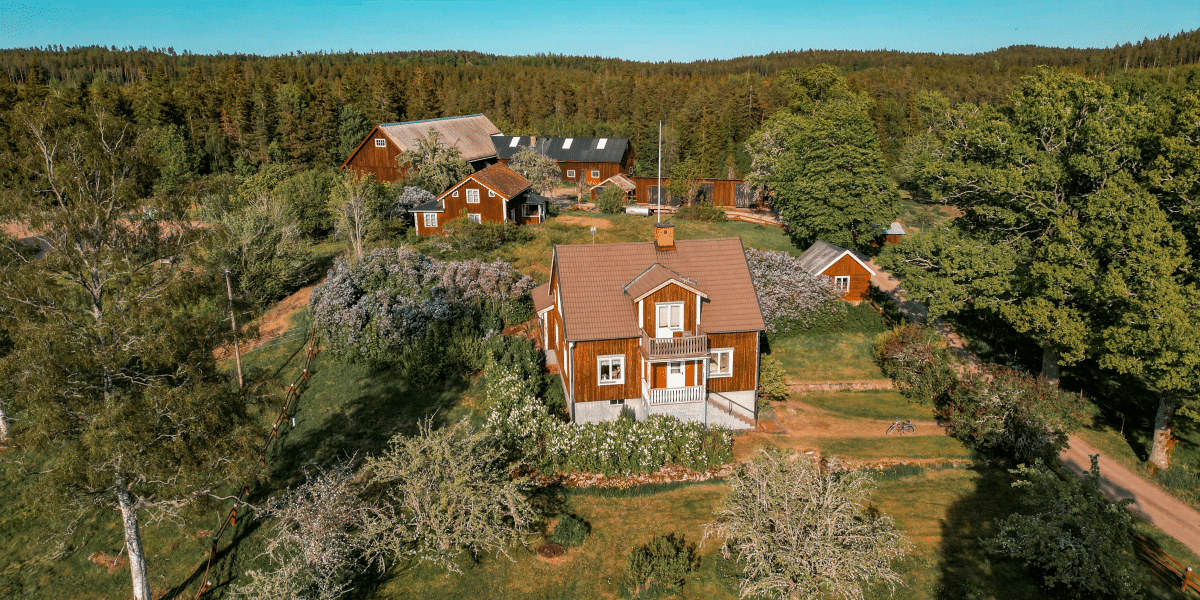In Anchorage’s serene landscapes, an increasing number of residents are turning to off-grid living, not only to assert their independence but also to positively impact the local environment. This movement toward sustainable living offers a unique opportunity to explore the broader implications for Anchorage’s ecosystems and community resilience.
Reducing Carbon Footprints
Off-grid living primarily uses renewable energy sources such as solar and wind power. Solar power becomes especially viable in Anchorage, where daylight stretches longer during the summer months. Residents can significantly reduce their carbon emissions by relying less on conventional power grids, which in many areas still depend heavily on fossil fuels. This shift contributes to global efforts against climate change and enhances local air quality, benefiting both people and wildlife.
Wind power is another renewable energy source gaining traction among off-grid residents in Anchorage. With the right equipment, wind turbines can provide a reliable energy source year-round. Solar and wind energy systems require initial investments but pay off in the long run through reduced energy costs and minimal environmental impact. Moreover, by generating their own power, residents reduce the demand on local power grids, leading to decreased reliance on fossil fuel-based energy sources and promoting cleaner, renewable alternatives.
Promoting Biodiversity
One less discussed benefit of off-grid living is its potential to promote biodiversity. Traditional energy production methods often lead to habitat destruction and pollution. In contrast, smaller-scale renewable energy setups used in off-grid living can be designed to have a minimal environmental footprint. This approach helps preserve local flora and fauna, maintaining biodiversity, which is crucial for ecological balance. For instance, using solar panels instead of building new infrastructure reduces land disruption and preserves natural habitats.
Off-grid living also encourages sustainable land use practices that can further enhance biodiversity. Residents often engage in organic farming, permaculture, and using native plants in landscaping, which supports local wildlife and promotes a healthy ecosystem. Avoiding chemical pesticides and fertilizers, these practices help maintain soil health and water quality, creating a more hospitable environment for a wide range of species.
Water Conservation
Off-grid homes often incorporate sustainable practices in water usage, such as rainwater harvesting and water-efficient appliances. In regions like Anchorage, where water resources are abundant but can be threatened by contamination from urban runoff and industrial waste, such strategies play a crucial role in conserving water quality and availability. Rainwater harvesting systems collect and store rainwater for household use, reducing reliance on municipal water systems and minimizing water wastage.
Gray water recycling is another water conservation method adopted by many off-grid households. This involves reusing water from sinks, showers, and laundry for irrigation or toilet flushing, significantly reducing overall water consumption. In areas where freshwater resources are under pressure, these practices can make a substantial difference in ensuring long-term water availability.
Impact on Local Communities
Adopting off-grid lifestyles can also strengthen community ties, as individuals often engage more with local markets and sustainable practices. This can lead to the development of resilient local economies that are less dependent on external factors. Moreover, the skills and knowledge gained from living off-grid, such as managing renewable energy sources or organic gardening, are often shared within the community, spreading environmental awareness and education. Community workshops and events focused on sustainability practices can further enhance these bonds.
In addition to fostering a sense of community, off-grid living can stimulate local economies by creating demand for green technologies and services. Local businesses specializing in solar panel installation, wind turbine maintenance, and sustainable farming practices can thrive, providing jobs and supporting economic growth. This localized economic activity reduces dependence on external resources and contributes to a more self-sufficient and resilient community.
Living Off Grid in Anchorage – Here to Stay
The move towards off-grid living in Anchorage is more than just a personal or economic choice—it’s a commitment to a sustainable future. As more residents embrace this lifestyle, the cumulative effects on the local environment and community could lead to a model of living that others might follow. For those interested in how off-grid living can reduce costs and enhance sustainability, exploring the benefits and practices of this lifestyle can provide valuable insights. The long-term environmental and societal benefits of off-grid living make it an attractive option for those seeking to reduce their ecological footprint and contribute to a greener, more resilient Anchorage.
Published by: Khy Talara








